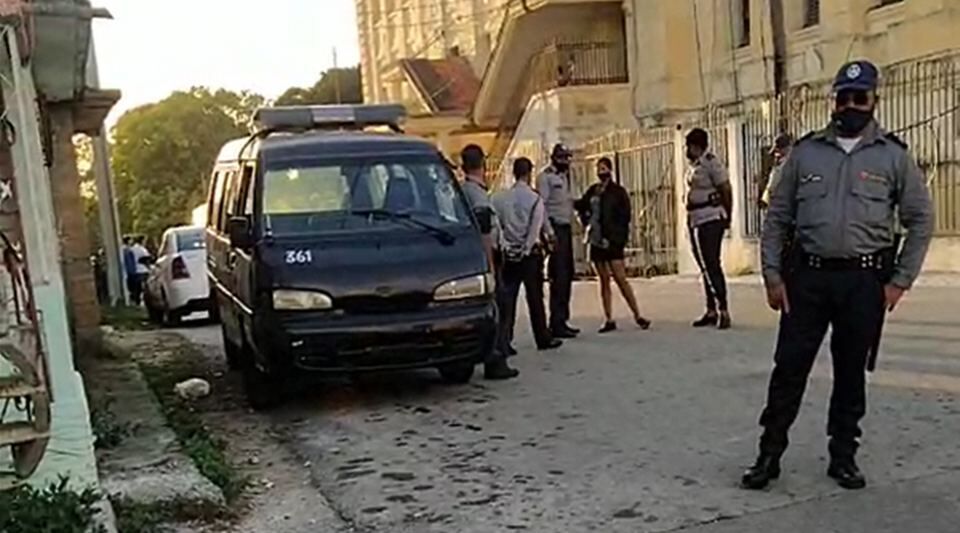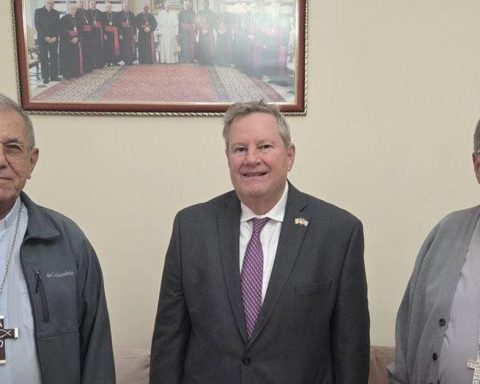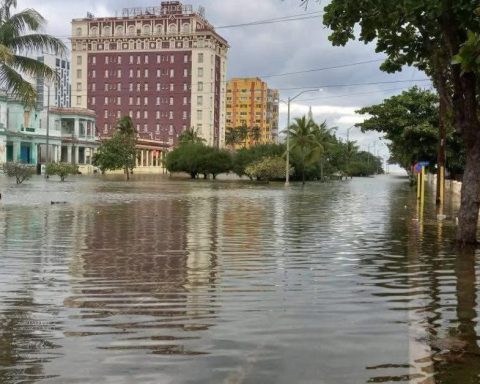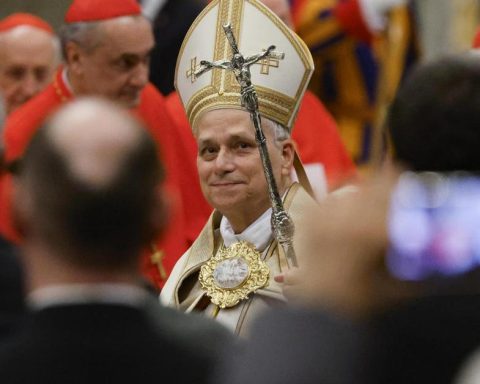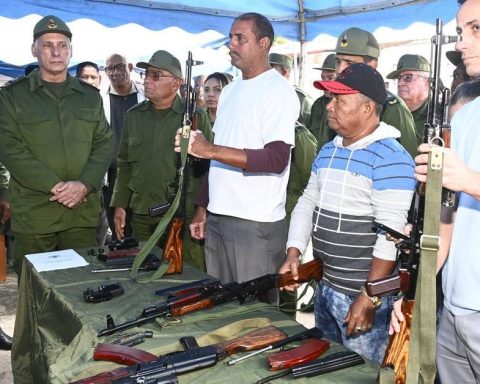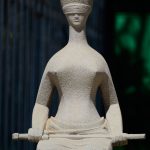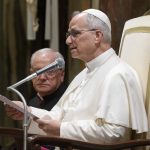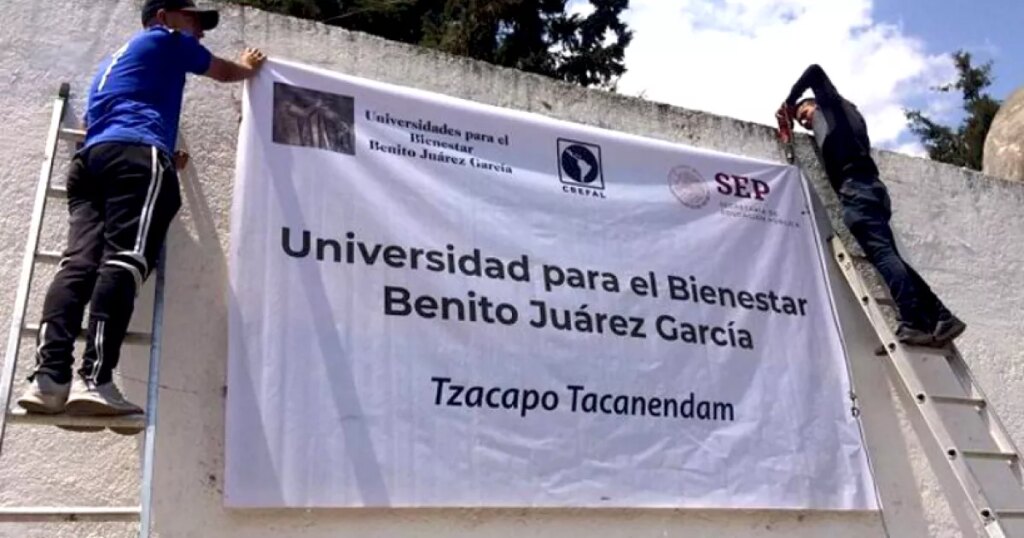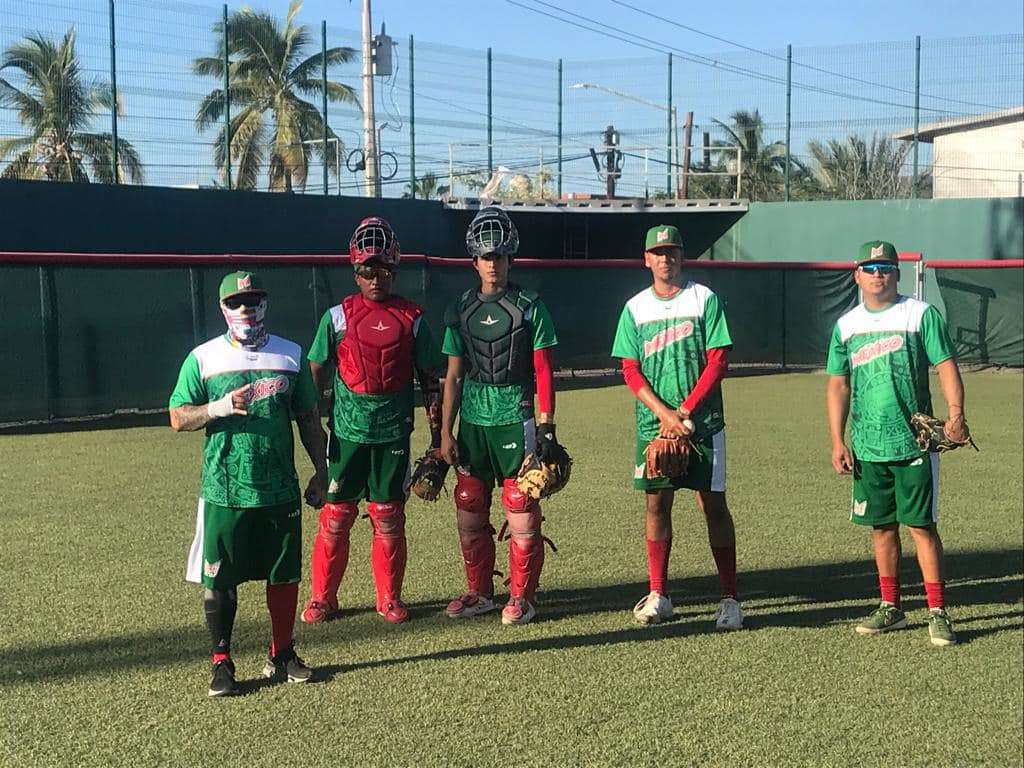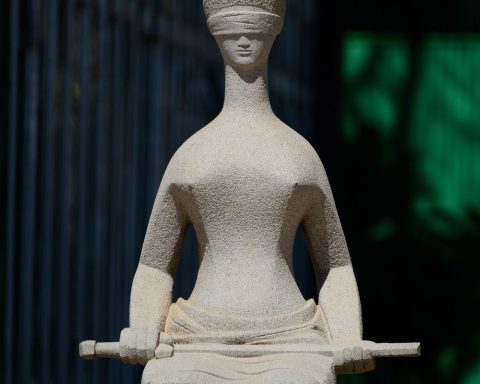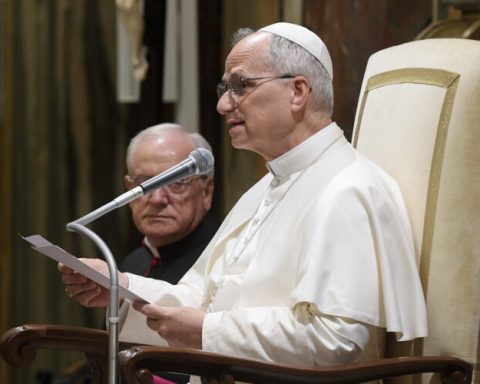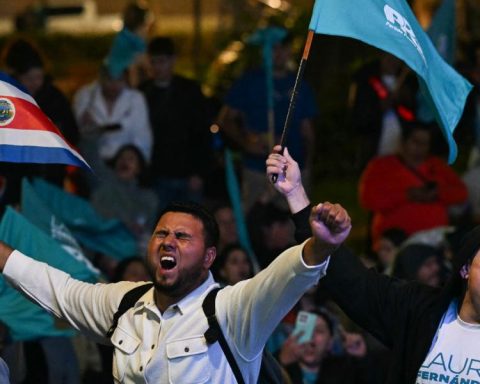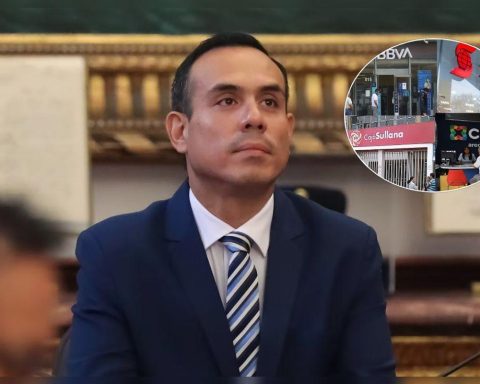Police citations, expulsion from the workplace, fines and arbitrary arrests are some of the 398 repressive actions carried out by the Cuban regime against the civilian population of the Island during the month of October. The number is collected by a report of the Cuban Observatory of Human Rights (OCDH), published this Thursday.
The organization, based in Madrid, stated that 130 of the detected cases suffered an arbitrary arrest, while in the others (268) it was another kind of abuse of authority. The network of OCDH observers also noted 116 events of harassment in the homes of activists and 61 harassment.
Other repressive typologies denounced are direct attacks, impediments to leaving the country, severe trials and dismissal. The OCDH takes advantage of the commemoration of the fifth anniversary of the Political Dialogue and Cooperation Agreement between the European Union (EU) and Cuba, and demands a general review of the treatment, “due to its null results in terms of human rights.”
Yaxys Cires, Director of Strategies at the Observatory, assured that “the Cuban regime continues to apply an iron fist not only against activists, but against the entire population that peacefully protests the terrible situation in the country.”
He added that the EU-Cuba Joint Council, which is scheduled to be held soon, according to the announcement by the head of European diplomacy, Josep Borrell, “should analyze these realities in depth, and move from words to deeds.”
The representation of the European Union in Havana announced on its Twitter account that they remained “committed” to the Political Dialogue and Cooperation Agreement
This Tuesday, the representation of the European Union in Havana ad on their Twitter account that they remained “committed” to the Political Dialogue and Cooperation Agreement in force since 2017, and to the “implementation of all its pillars.”
However, the OCDH points out, the Cuban scenario continues to be unfavorable for the exercise of democracy and freedom of expression. The Island has 967 political prisoners and increasing repression, and has approved “a new penal code that is more dangerous for the exercise of human rights, which even increases crimes punishable by the death penalty.”
In addition, the collapse of the National Electric System, the shortage and the lack of political freedoms provoked a new wave of protests in recent months, to which the Government responded with violence and more arrests.
Given the Cuban panorama, “the EU has to demand real change,” Cires demanded, “or else immediately review the validity of the ADPC and impose individual sanctions on the repressors.”
The OCDH, made up of activists, politicians and a network of observers on the island, has a history of denouncing the regime’s systematic violations of the human rights of citizens in Cuba.
________________________
Collaborate with our work:
The team of 14ymedio is committed to doing serious journalism that reflects the reality of deep Cuba. Thank you for joining us on this long road. We invite you to continue supporting us, but this time becoming a member of our newspaper. Together we can continue transforming journalism in Cuba.
